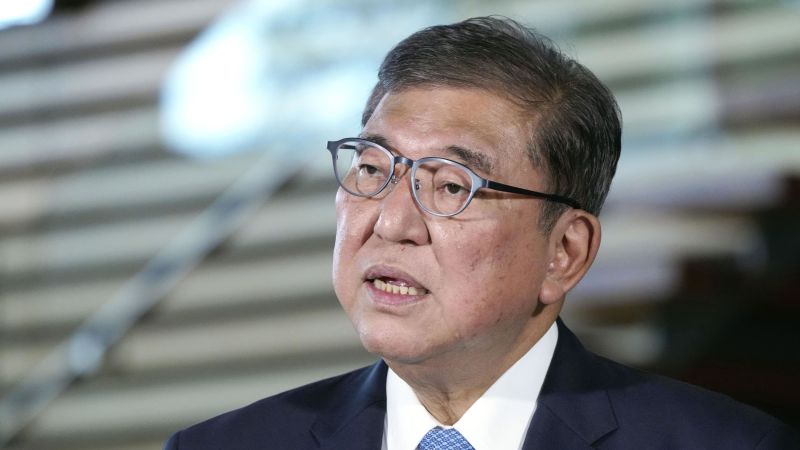Indonesian Finance Minister Fired: Impact on Economy and Democracy

Introduction
The recent firing of Indonesian Finance Minister Sri Mulyani Indrawati by President Prabowo Subianto has caused significant turmoil in the country's financial markets. Indrawati, who had been in the role for over five years, was widely regarded as a competent and stable figure in the government, and her removal has raised concerns among investors.
Key Details
Subianto's decision to oust Indrawati came as a surprise to many, as she had been praised for her efforts in reducing the country's debt and implementing financial reforms. The move has also been seen as a power play by Subianto, who is looking to consolidate his control over the government and its policies.
Furthermore, this is not the first time that Subianto has made controversial decisions that have affected the country's economy. In 2008, he was dismissed as the commander of the Indonesian Army for his involvement in various human rights violations.
Impact
The firing of Indrawati has caused a sharp decline in the country's stock market, with investors expressing their uncertainty and lack of confidence in the government's economic policies. This, combined with the ongoing COVID-19 pandemic, has created a sense of instability in the economy, which could have long-lasting effects.
The situation has also sparked concerns about the country's democratic institutions
About the Organizations Mentioned
Indonesian Army
The **Indonesian Army (TNI-AD)** is the land branch of the Indonesian National Armed Forces, responsible for land defense and internal security with about 300,000 to 395,000 active personnel. It traces its origins to 1945 as the *Tentara Keamanan Rakyat* (People's Security Army), formed during Indonesia’s independence struggle. Since then, it has played a central role in national defense, internal security, and regional conflicts, including the incorporation of Western New Guinea, the Indonesia–Malaysia confrontation, and operations in East Timor, Aceh, Maluku, and Papua[1][3][4][9]. Organizationally, the Army consists of a headquarters, 15 military regional commands (*Kodam*), a strategic reserve command (*Kostrad*), and the elite special forces command (*Kopassus*). *Kostrad* serves as a rapid reaction force, while *Kopassus*, with 4,000 to 6,000 personnel, is expanding to cover Indonesia’s five largest islands under the "Large Islands Defence Strategy," enhancing regional defense capabilities[1][6]. The Army has undergone significant transformation in recent years, including plans to expand its territorial presence by increasing *Kodam* from 15 to 37 by 2025 and establishing 100 territorial development battalions to strengthen its domestic reach. This expansion reflects a possible reassertion of the military’s “dual function,” a doctrine that merges defense with civilian governance roles, raising discussions about the Army’s influence in politics[5]. The Indonesian Army has a complex legacy, marked by military achievements and controversies, particularly regarding human rights issues in conflict zones. It remains a pivotal institution in Indonesia’s national security architecture, adapting to modern strategic challenges through structural reforms and enhanced operational capabilities[1][3][5][6]. For business and technology observers, the Army’s modernization efforts, strategic expansio
















